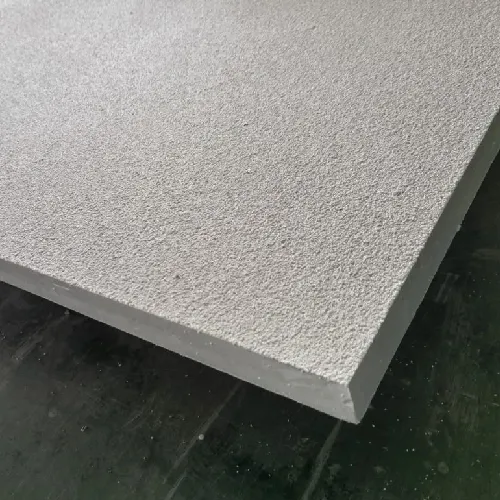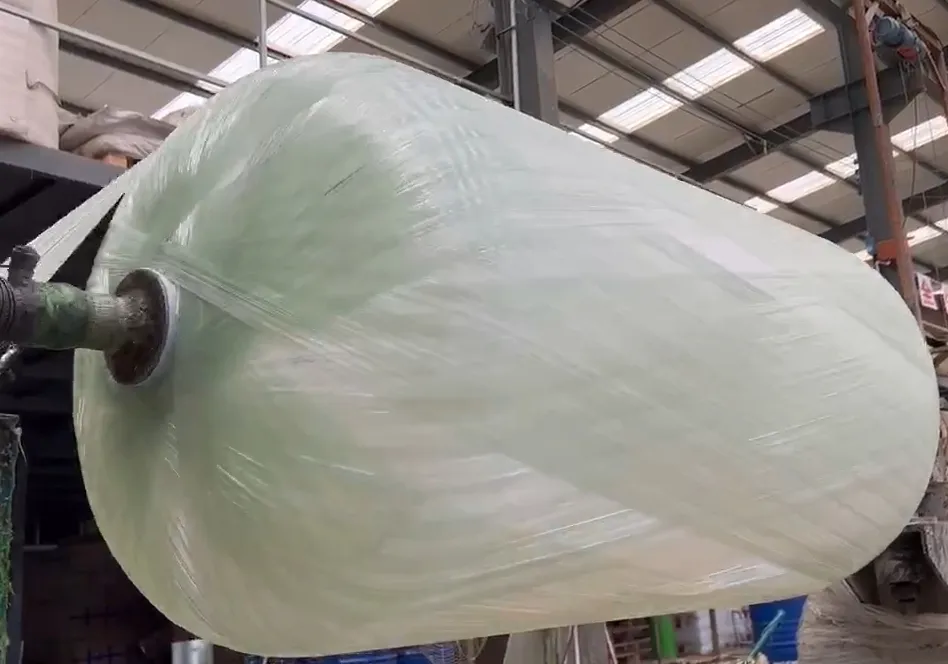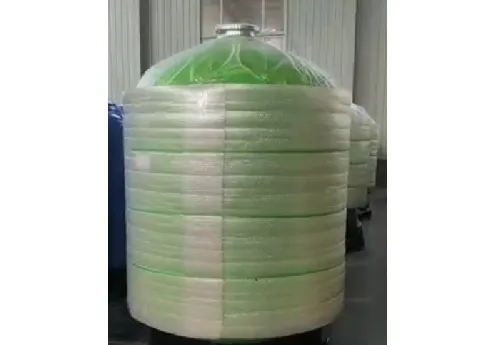Moreover, the combination of expectorants with other active ingredients can enhance therapeutic benefits. For instance, OTC products may combine guaifenesin with decongestants like pseudoephedrine to relieve nasal congestion while promoting mucus clearance. These combination formulas address multiple symptoms, catering to individuals suffering from colds or allergies where congestion and mucus production coexist.




